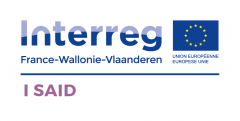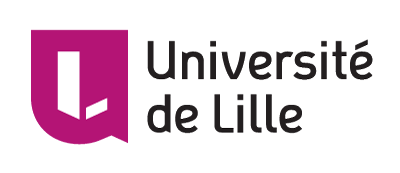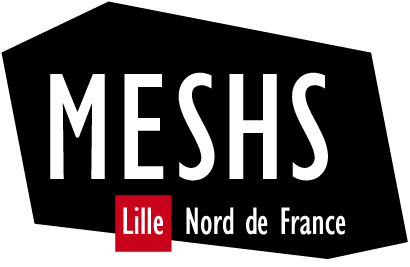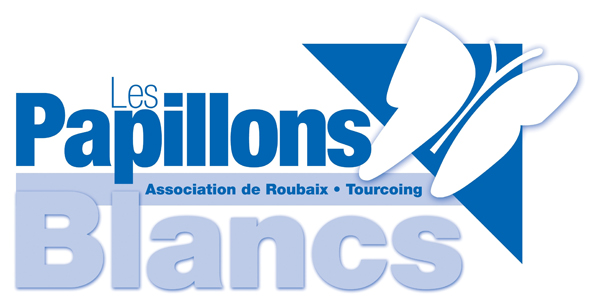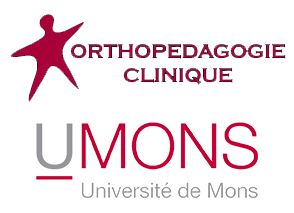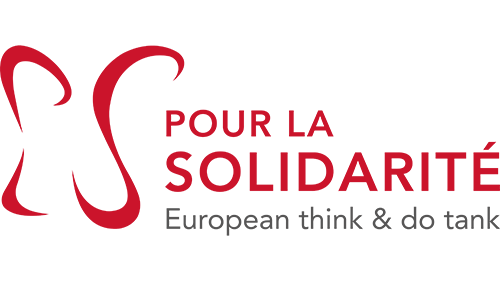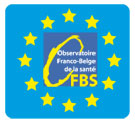Introduction
I SAID Interregional platform for Innovation in Self-determination, Autonomy and Inclusion in people with Disability
As part of the promotion of the health of people with intellectual disabilities (ID), the I SAID project will be carried out for four years (Oct. 2016 – Oct. 2020). It aims to foster the self-determination of people with intellectual disabilities and to improve their support. The project is a cross-border collaboration between Hauts-de-France and Wallonia regions.
I SAID intends to interact both with professionals as well as with people experiencing ID themselves and their entourage. For this purpose, the project proposes several innovative and integrated solutions at the level of each concerned territory.
The I SAID project has four main objectives and is structured around three workstreams/work domains.
I SAID has four main objectives:
- Identify and remove obstacles to health promotion in Hauts-de-France and Wallonia regions;
- Set up a cross-border platform to facilitate exchanges between same-sector professionals;
- Promote a support approach based on self-determination concept;
- Develop inclusive actions and training actors to self-determination.
I SAID focuses on three strategic lines:
- Participatory research aimed at the creation of a theoretical and methodological corpus about the self-determination of people with ID and their life course. In order to do this, a study about the barriers of a cross-border cooperation will also be carried out;
- Inclusive actions across the establishment of communities of practices bringing together people with ID and professionals with the aim to test results of the research and tools developed. In this regard, the cross-border collaborative platform will be implemented;
- Self-determination process training sessions for people with ID and their relatives. Training sessions will be organized in support of professionals in the medical, social and health sectors.
Partnership in a nutshell
I SAID project is financed by the Territorial Cooperation Program – INTERREG France / Wallonia / Flanders – of the European Union and is based on an active collaboration between acknowledged stakeholders in their competences and expertise fields.
Haut-de-France region
- University of Lille3 and the European House of Human Sciences and Society (MESHS, in French), project coordinators
- Association « Papillons Blancs » – Roubaix Tourcoing
- Departmental union of « Papillons Blancs du Nord » (UDAPEI in French)
- GIE Eurasanté
Wallonia region :
- University of Mons
- Think & do tank European POUR LA SOLIDARITÉ – PLS
- Walloon Quality of Life Agency (AVIQ in French)
- Franco-Belgian health observatory (OFBS in French) (associated partner)
I SAID roadmap
- Project launch conference – France, 9th December 2016
- Mapping of health and social operators in the cross-border area, March 2017
- Seminar « Barriers to the cross-border cooperation regarding the social and health service in support of people with disabilities – good practices and recommendations », September 2017
- Guide « Obstacles and resources in terms of cross-border support for people with DI », September 2017
- Intermediate Conference, October 2018
- Methodological guides for researchers, parents and professionals, 2018
- « Life course of people with ID in cross-border zone: obstacles and facilitators » seminar, September 2019
- Final Conference – Belgium, September 2020
- Learning material – training in participatory research and self-determination for people with ID, 2018-2020


